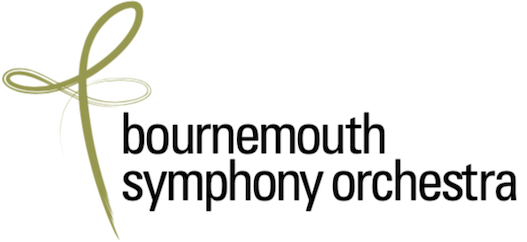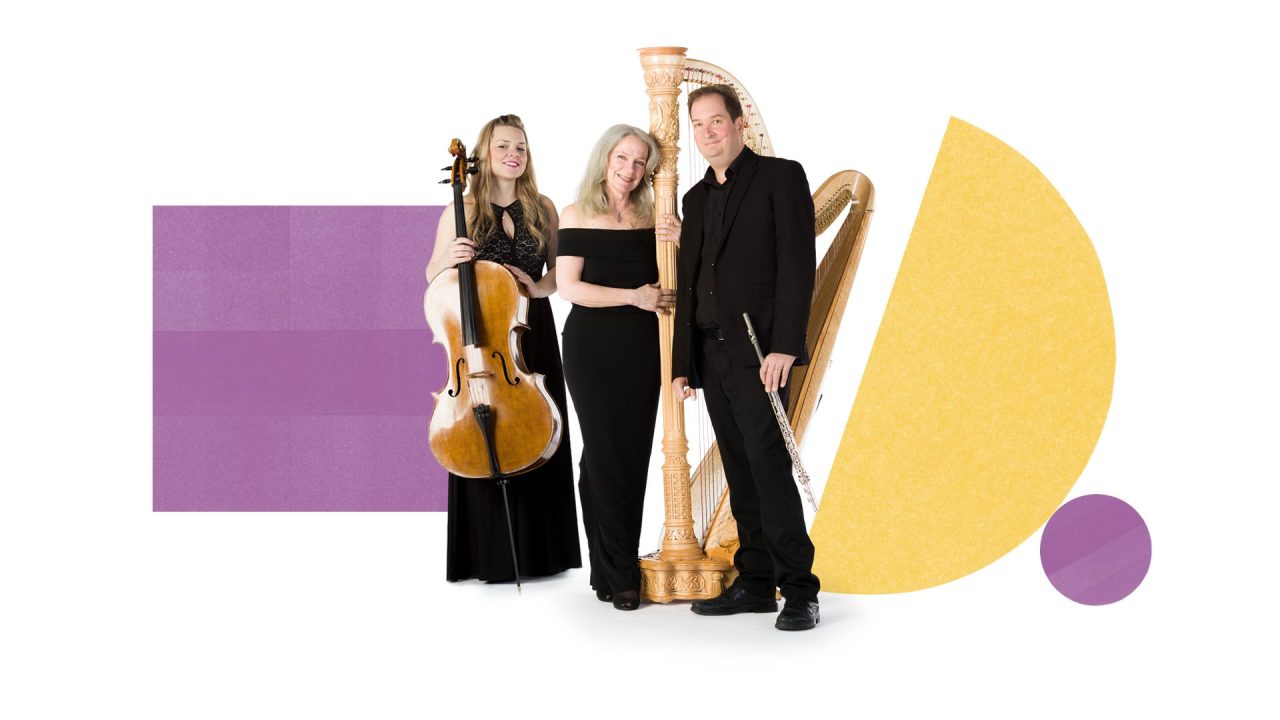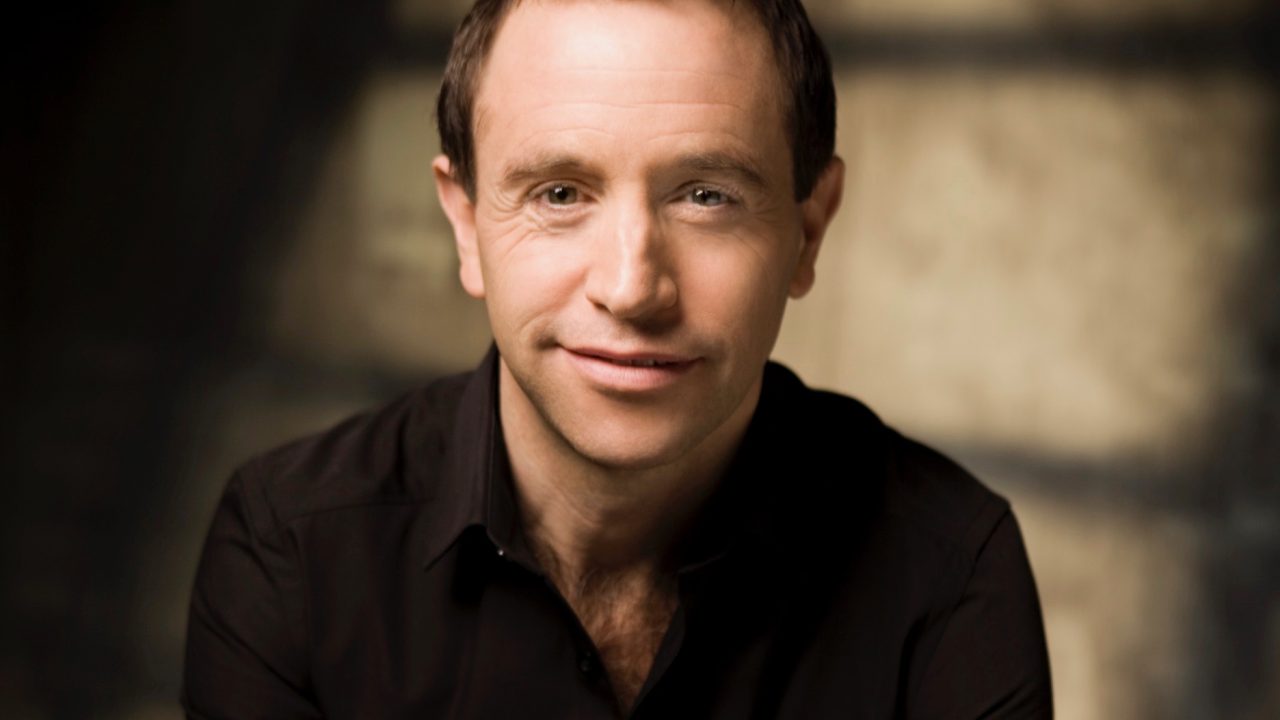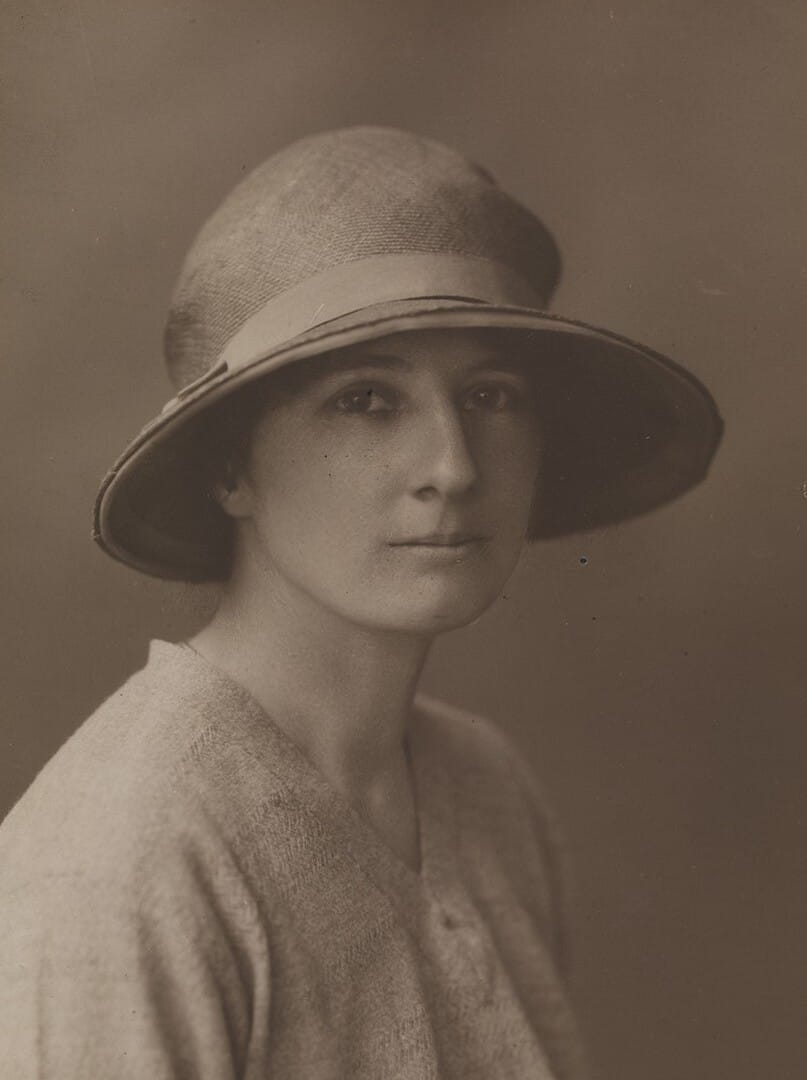Ina’s story began at her family home in Enniskerry, Co. Wicklow, where she was born in 1889 and continued to live all her life. Her first music lessons were with her father Rev. William Foster Boyle, who was curate at a local church and she went on to learn violin and cello. Ina began composing at an early age and studied composition with several private teachers in Dublin. She then began to enter work in to competitions, while simultaneously acting as a carer for her parents and sister.
From 1923 Ina crossed the Irish Sea by steamship for lessons with Ralph Vaughan Williams. Whilst in London she had the opportunity to attend many concerts at the Royal College of Music, the Queen’s Hall and the Aeolian Hall, as well as opera and ballet performances.
Vaughan Williams thought highly of Ina’s work and encouraged her to have it performed, despite this being a difficult feat for women at that time. In May 1937, he wrote to her to say ‘I think it is most courageous of you to go on with so little recognition. The only thing to say is that it does come finally’. Unfortunately, the outbreak of the Second World War ended her travels to London and cut her off from many of those musical opportunities.
Despite this, Boyle was one of Ireland’s most prolific composers in the first half of the twentieth century. She was the first Irish woman to undertake a symphony (Glencree, 1927), a concerto (Violin Concerto, 1935) and a ballet (Virgilian Suite, 1930–31). Her accomplishments defied gender norms of the early part of the last century, most notably when she became the first woman to have been selected for publication by the prestigious Carnegie Trust Competition in 1920.
Ina had her greatest success with The Magic Harp, a piece which was in fact performed by Bournemouth Symphony Orchestra under the BSO’s founder Sir Dan Godfrey in 1920. Below you can see the score which Ina sent to Sir Dan in 1922 (the first performance would most likely have been performed from an unpublished handwritten set).
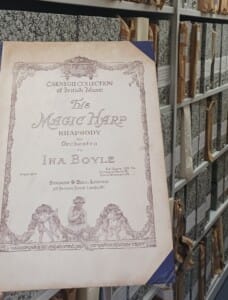
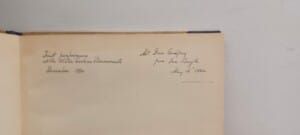
Inscription from Ina Boyle to Sir Dan Godfey. Text reads: First performance at the Winter Gardens Bournemouth, December 1920, Mr Dan Godfrey from Ina Boyle, May 16th 1922
Ben Sibertz, Orchestra Librarian said “As an orchestra with 131 years behind us, we’re privileged to hold many scores of historical significance. In performing Ina Boyle’s A Sea Poem this season, we’re bringing in a new edition of her work to sit alongside our first edition copy of The Magic Harp, replete with its dedication to our founder, Sir Dan Godfrey. This marriage of old and new exemplifies the unique role which our performance library plays in preserving our history, and facilitating new innovations and research into lesser-known and contemporary repertoire.”
Although far from London and the British music scene, Ina continued to compose throughout her life, and never ceased sending her scores to conductors and choir directors. Sadly, this was not an easy time to be a woman as well as a composer and she would often face barriers from concert promoters and publishers. This combined with her relative isolation and lack of contacts meant that her music remained little known and almost unperformed even to this day.
Thankfully a revival of Ina’s music is underway largely due to the work of the Ina Boyle Society, set up in 2020. Ina Boyle, like her contemporaries, was disadvantaged socially and culturally from gaining the recognition she deserved, but we hope her work will begin to be discovered now.
If you’d like to hear music by Ina Boyle we’ll perform her A Sea Poem on 7 February at Lighthouse Poole and on 8 February at Exeter University Great Hall.
The performance of A Sea Poem is made possible with funding from the ABO Trust’s Sirens programme, a ten-year initiative to support the performance and promotion of music by historical women composers.

